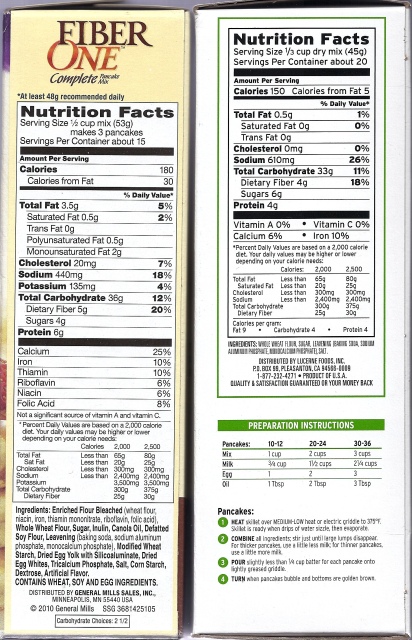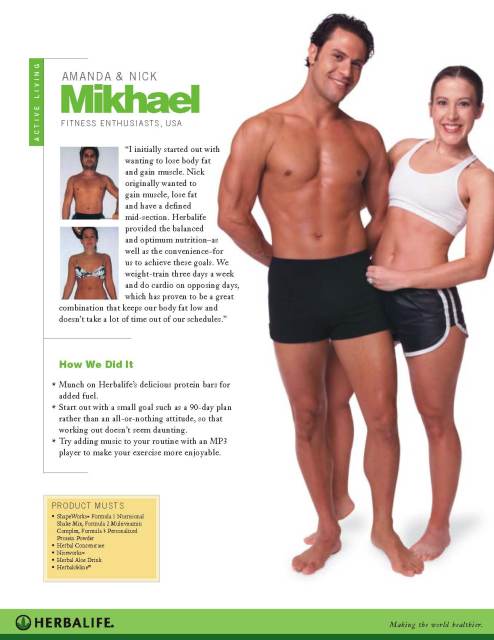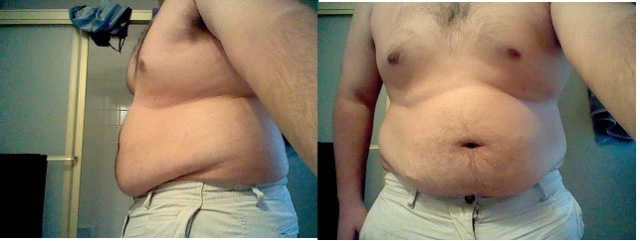strength building
Question
I've achieved my goal weight (lost about 10kg). I now plan to cut back on the cardio and incrrease weights/resistence training? I think I may be overtraining with cardio as I have lost my appetite and I'm looking a little thin, especially my upper body. I don't think I'm eating right. I cut out a lot of carbs to lose weight, and haven't been having much protein (mainly vegies). I don't want to keep losing weight. I want to build muscle, but I'm a little confused about the right diet to adopt. At the same time I fear putting weight back on. Any advice for me?
Hi Gisella, I apologize for the late response. I had an issue that prevented me from accessing the internet.
The first thing that comes to mind when I read your story is that your metabolism is probably stalled due to you maintaining a low calorie diet. Cutting out carbs is a great way to lose some fat, but after a while it backfires. The body adapts very quickly to changes in diet. It is a bad idea to stick with any one way of eating too long.
A better approach is to vary your caloric intake. Have high and low days of eating.
For example one day you'll eat more calories with higher carbs. Then on another day you'll drop some carbs. Another option is to vary this week to week. Week one you would eat high carb high calorie, week 2-3 cut those carbs in half, then week 4-6 drop all starchy carbs, but one day a week allow a cheat meal.
You must keep your protein intake up though and do a balanced workout. You need resistance training and cardio.
Work out with weights at least 3 times per week and get in a cardio workout 4 times a week.
The best time to do cardio is right after weights. Lift for about 30 minutes with a weight that allows you to do 10-12 reps per set. If you can't reach 12 then reduce it by 2-5 pounds. If you can easily exceed 12 then add 2-5 pounds.
After the workout do 20 minutes of HIIT cardio. This form of cardio alternates high and low intensity. For example you would sprint for 30 seconds then walk for 60 seconds. Alternate until you reach 20-25 minutes.
For your eating, eat every 3 hours at least 5 times a day. Eat within 30 minutes of waking. Every meal should contain protein, fat and carbs. On your light days you'll focus more on protein and fat.
The key those is to alternate how you eat. Don't allow your body to get used to any one diet. Believe it or not always keeping calories low can work against you.
Hopefully this helps. Feel free to write back, and again I apologize for the tardy reply.
- Prev:Vitamin D Deficiency
- Next:Sprinting
Related Articles
-
cant eat veggies
QuestionQUESTION: I suffer from IBS-C and veggies are my main tri
-
Pls help - why isnt my stomach slimming down?
QuestionHi there. I am female, 19 yrs old, 121 lbs and 54. For
-
14 yr.old runner needs advice on good nutrition
QuestionHi, my daughter is 14 years old and is running cross coun
-
Body fat % calculation question
QuestionIve proposed a contest between friends the judging factor
-
Weight Loss & Nutrition
QuestionGood Morning! Im looking for any helpful information tha
-
sugar grams
Question2 glasses of milk results in 24 grams of sugar which is h
- DON'T MISS
- How much exercise to lose weight?
- Freezing question, breakfasts
- Net Cals vs. Total Cals
- NUTRITION FOR BODY BUILDING!!!
- DID YOU HEAR THAT?
- Safety of Muscle Building Supplement - Tsunami Strike
- eating disorder/weight gain
- water vs sports drinks
- Adjusting to low fat diet?
- sugar in fruitbased diet



